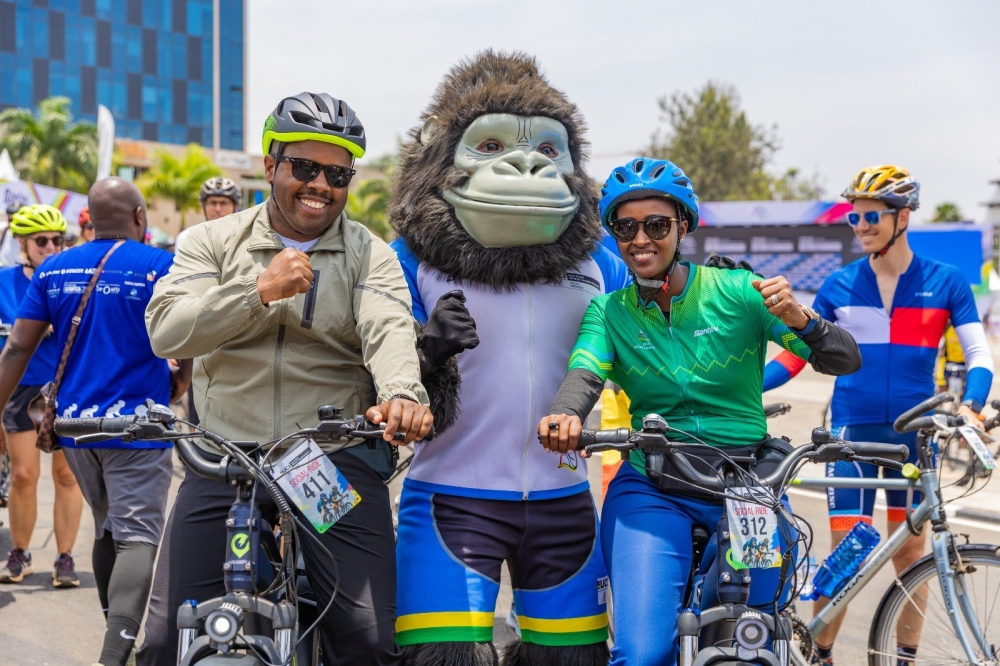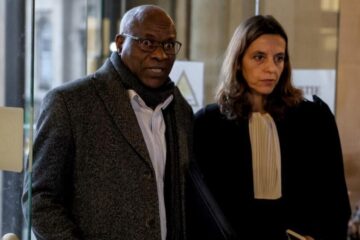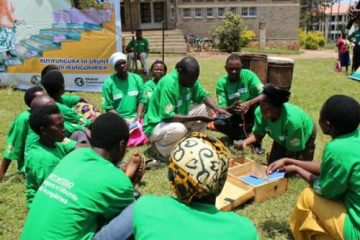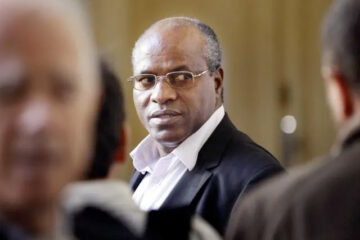When the peloton surged up the Mur de Kigali and past the glass dome of the Kigali Convention Centre, the roar from the crowd was not only for the riders. It was a sound that summed up months of planning, a small economy’s sprint to seize a once-in-a-generation opportunity, and a test of whether Rwanda can turn a major sporting week into lasting benefits.
“This is our chance to show the world what Rwanda can host and deliver,” said Nelly Mukazayire, Rwanda’s Minister of Sports, on the eve of the competition. “We can confidently confirm that we are ready, with everything already in place, from infrastructure and team activation to hotels and hospitality.”
Big Numbers, Big Opportunities
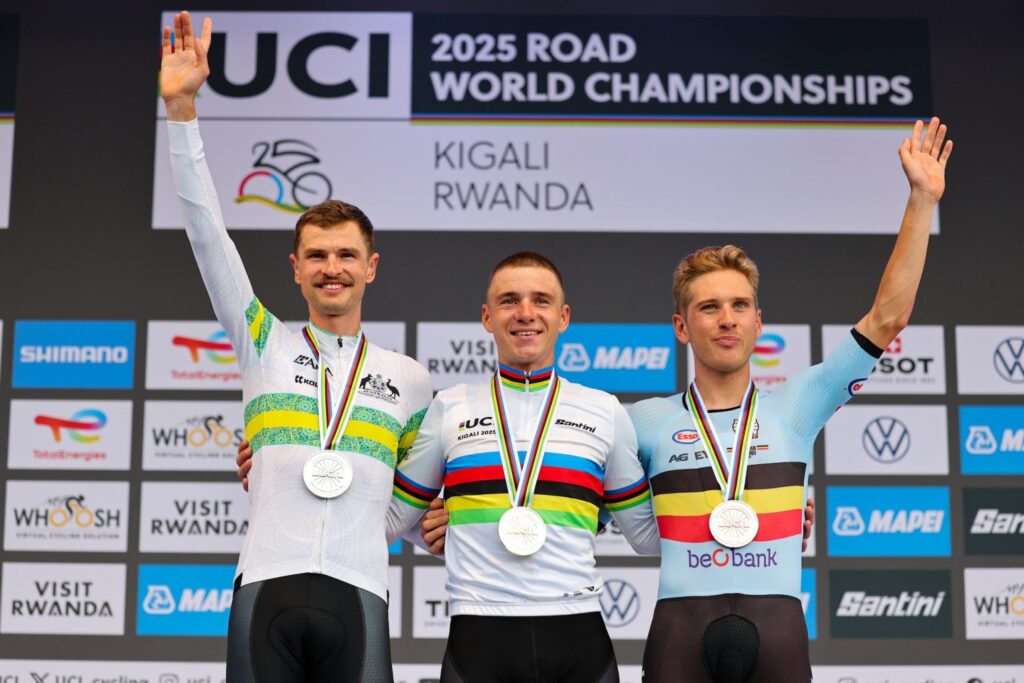
The 2025 UCI Road World Championships brought 919 riders from 110 countries, accompanied by coaches, media teams, and thousands of fans. Rwanda Development Board (RDB) officials reported that dozens of Kigali hotels were fully booked before the opening day, with 33 hotels confirmed at full occupancy. Restaurants, guesthouses, and tour operators also saw a surge.
UCI president David Lappartient underscored the event’s scale, predicting up to a million spectators per day along race routes and more than3.5 million across the week. While the final tally is still being measured, the projections guided security planning, crowd control, and vendor preparation.
Preparations on the Ground
To host smoothly, Kigali underwent weeks of intensive work. Roads were resurfaced, signage installed, and spectator fencing set up around finishing circuits at BK Arena and the Convention Centre. Public fan zones were created, and the “Kigali 2025 Social Ride” open to amateur cyclists sold out quickly, showing local appetite for the sport.
The government ordered all schools in Kigali closed from 21–28 September, easing traffic and allowing children to join the fan experience. Public transport routes were adjusted, while businesses extended opening hours. Hospitality providers were given training and guidelines to ensure consistent service.
Security was another pillar. Rwanda National Police deployed extra officers, assuring residents and visitors that safety was guaranteed. On the sporting side, the UCI introduced a new GPS tracking system for riders to improve emergency response in case of accidents.
Economic Ripples
From luxury hotels to roadside stalls, the financial impact was immediate. Hotels benefited from near-total occupancy, restaurants created special race-week menus, and transport companies reported heavy bookings.
Small vendors perhaps captured the most vivid picture of the championship’s value. Along race routes, women entrepreneurs sold water, snacks, and crafts, while others moved small shops to the roadside to meet demand. “People are buying, teams, fans, everyone,” said one vendor, interviewed during the first weekend of races.
Taxi drivers, motocyclists and tour guides also profited from the influx of visitors. RDB encouraged businesses to treat the week not just as a cash grab but as a chance to build loyal customers who might return.
Social Impact and National Pride
The atmosphere has united Rwandans across generations. Families lined sidewalks waving flags, while communities organized watch parties. The school closures turned neighborhoods into impromptu cheer zones, with children chanting for riders from both Rwanda and abroad.
Local clubs report a surge of interest among youth. “Seeing the world’s best ride through our hills inspires our children to dream big,” said Claudine Karibata, a teacher in Nyamirambo. Beyond sport, the event became a celebration of Rwanda itself, a reminder of the country’s capacity to welcome the world with order and warmth.
For the athletes, the event was also personal. Twenty-six Rwandan riders took part, training on home roads and carrying the hopes of a nation. Officials from FERWACY, Rwanda’s cycling federation, emphasized that the experience for young riders was an investment in the sport’s future.
Political and Diplomatic Payoff
Hosting the first-ever UCI Worlds in Africa carries powerful symbolism. Leaders across the continent have praised Rwanda’s organization, while international federations and investors are watching closely. The event strengthens Rwanda’s ambitions in the meetings and conferences sector, where international exposure can lead to long-term business partnerships.
At the same time, the spotlight brings scrutiny. International media noted Rwanda’s broader political context, underscoring that major events operate within complex geopolitical realities. Still, the championship’s smooth execution reinforces Kigali’s image as a safe, efficient, and globally connected hub.
Lasting Legacy or One-Week Boost?
What will remain once the cyclists leave? Immediate wins include fully booked hotels, brisk vendor sales, packed fan zones, and worldwide television exposure. Rwanda’s image as a host for international sport has been cemented.
But the real test will be the months ahead: whether tourists return, whether young Rwandans continue riding after the crowds leave, and whether small businesses can translate one profitable week into steady growth. RDB has promised a full post-event economic report to track tourism and revenue impact.
For now, the sights and sounds on Kigali’s streets suggest the gamble is paying off. A vendor waving flags to passing fans summed it up: “This week is ours. The world has come to Rwanda, and Rwanda is winning.”


